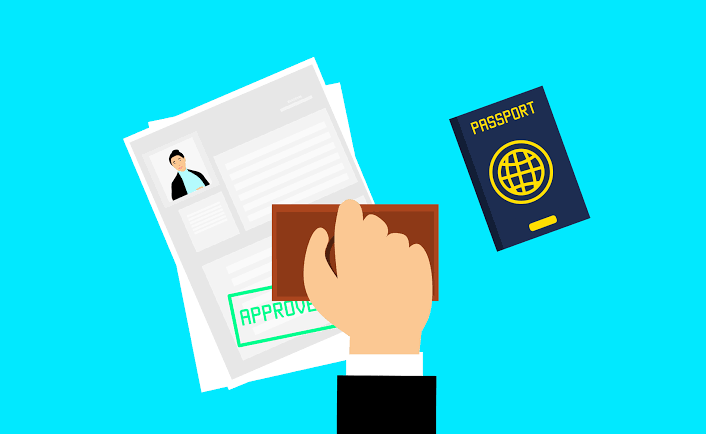Visiting the United States of America can be truly exciting. There’s a lot to see and do. The Statue of Liberty, the Grand Canyon, Las Vegas, museums and a whole lot more. But if you find that you or another non-US citizen want to extend your stay or even immigrate to the country, there are a few things you will need to be aware of first, such as your visa validity and limitations. You don’t want to cause any trouble by overstaying your visa.

What’s a Visa?
A US visa is simply permission to be in the United States as a citizen of a foreign country. Not all foreign citizens are required to have a visa, so check the Visa Waiver Program to see if your country is a participating entity. According to the US Department of State, a visa does not guarantee a person entry into the US, it just means that an officer sees a person as being eligible to enter the US. Your visa will have your name, date of birth, country of issuance and expiration date, among other information. It should be noted that the expiration date shows you the last date you can use your visa for entry and has nothing to do with the length of your stay.
How Long Can You Stay?
Once you have a visa, or permission to enter the country, you will see a US immigration inspector who will issue you a duration of status or a date on your I-94 form. This is the date that tells you at what point you are legally obligated to leave the country. Be sure to keep your I-94 with your passport for safekeeping. Overstaying a visa can have some pretty serious consequences.
Penalties
When you overstay your visa there are a few things that can happen. Some of the more common repercussions of overstaying a visa include being ineligible to gain another visa, inability to get a visa extension, and inability to consulate shop. Usually, those who overstay a visa will be ineligible to apply for another visa for a period of three or ten years. Overstaying a visa is not punishable by jail time, although you may be deported if you are found to be violating your visa.
There is an exception to the rule of penalizing overstays though. If you are able to prove that there were extenuating and unavoidable circumstances that led to your overstaying your visa, you may be able to receive a waiver. A waiver keeps you from receiving a three or ten-year bar.
Should you be guilty of overstaying your US visa, and you’re concerned about the consequences, it is a good idea to seek legal counsel first. Doing nothing about overstaying will only further complicate things. An experienced attorney can help you through the process of obtaining a waiver. Time is very important at this point, so you will need to move quickly.





